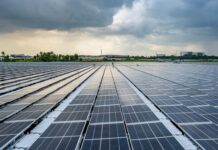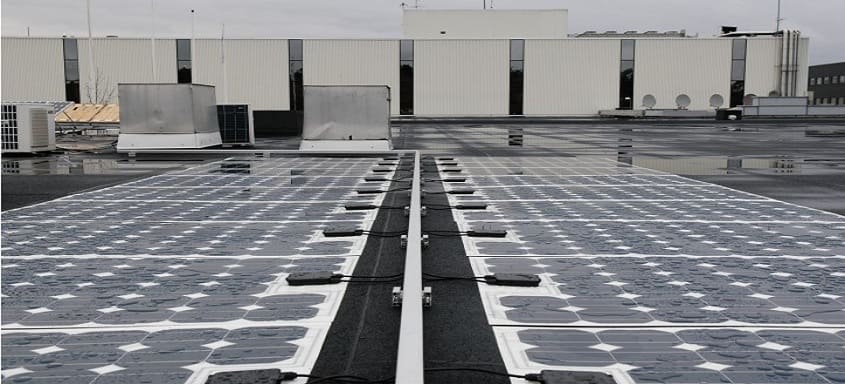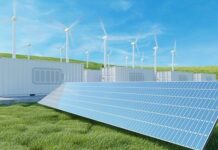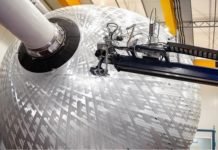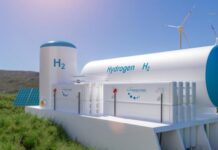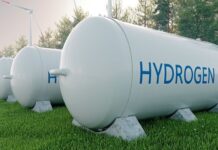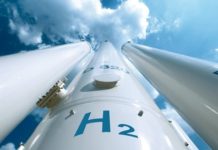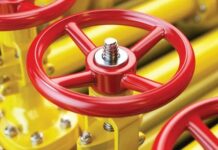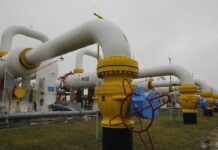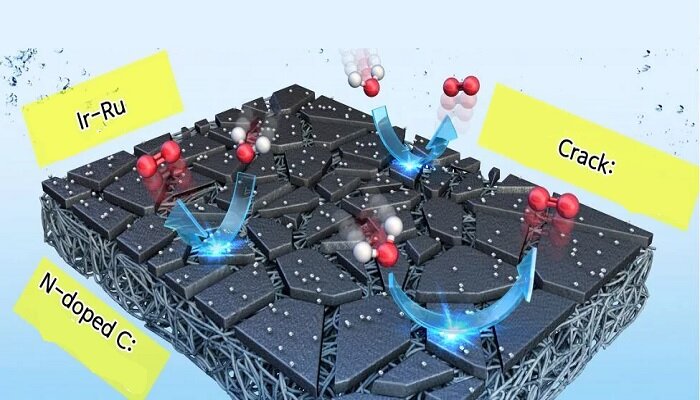A research group based in South Korea has gone on to develop a new kind of carbon-based electrode technology that can elevate the energy efficiency as well as the price competitiveness of hydrogen production.
The technology goes on to involve creating nitrogen-doped carbon electrodes, which can be used when it comes to polymer electrolyte water electrolysis. The research team could get to the fact that the new electrodes enormously enhanced the nanoparticle catalysts’ durability, which happens to be critical as far as water electrolysis technology for hydrogen production is concerned. The technology involves creating nitrogen-doped porous carbon.
The research team has rolled out a method in the case of carbon doping with excess nitrogen to ensure the durability and activity of the catalyst even during the occurrence of carbon loss.
Through embedding an iridium-ruthenium nanoparticle catalyst in the layer of carbon, the team could go on to minimise the carbon dissolution effect and simultaneously enhance the nanoparticle catalyst activity.
The nitrogen-doped carbon support created can also be used in electrochemical systems that involve gas creation or using gases as reactants.
As per the researchers, the study could contribute towards increasing the energy efficiency of the hydrogen creation procedure by using the polymer electrolyte water electrolysis methodology. The study has found support in the form of the Ministry of Science and ICT as well as the National Research Foundation of Korea.




